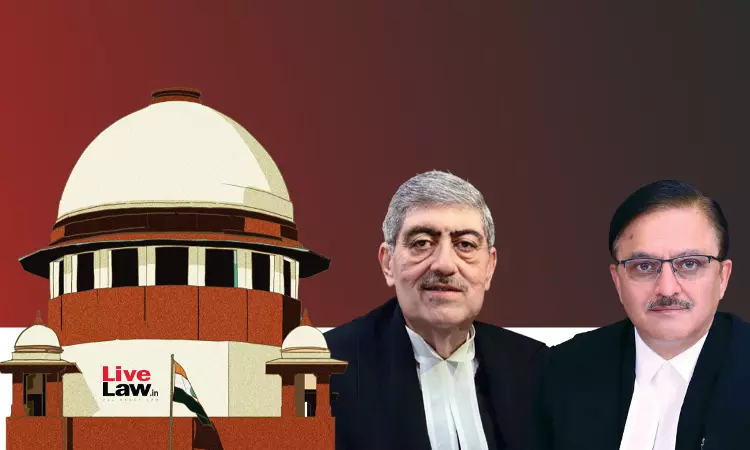The Supreme Court, while hearing the issue of undertrial prisoners who continue to be in custody despite having been granted the benefit of bail, has said that the country's prisons are overburdened by 5000 people every month merely because of their inability to furnish a bail bond. The top court bench comprising Justices Sanjay Kishan Kaul and Abhay S Oka was hearing a Suo Moto Writ...

